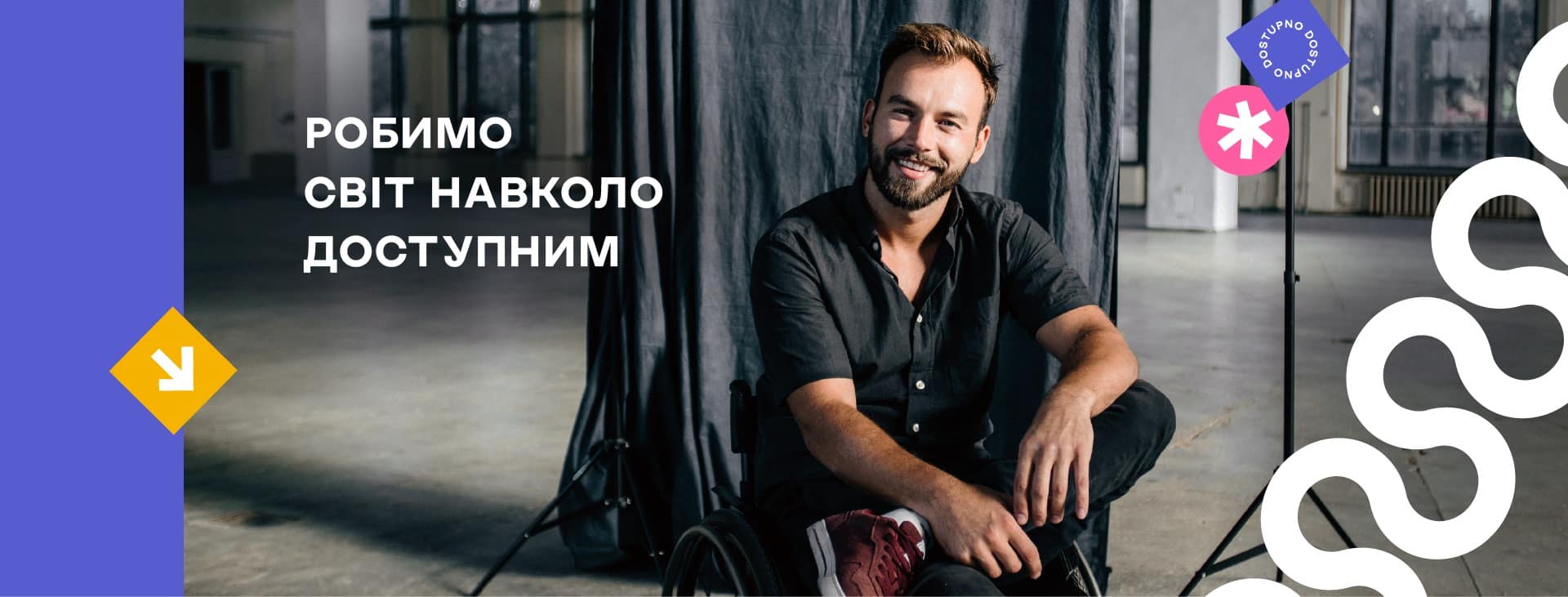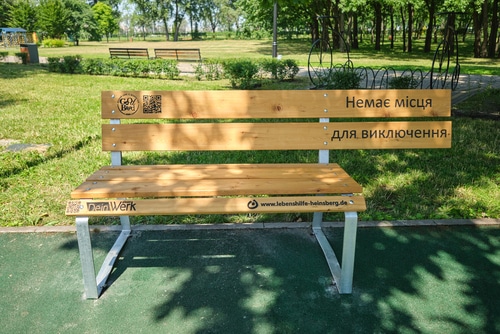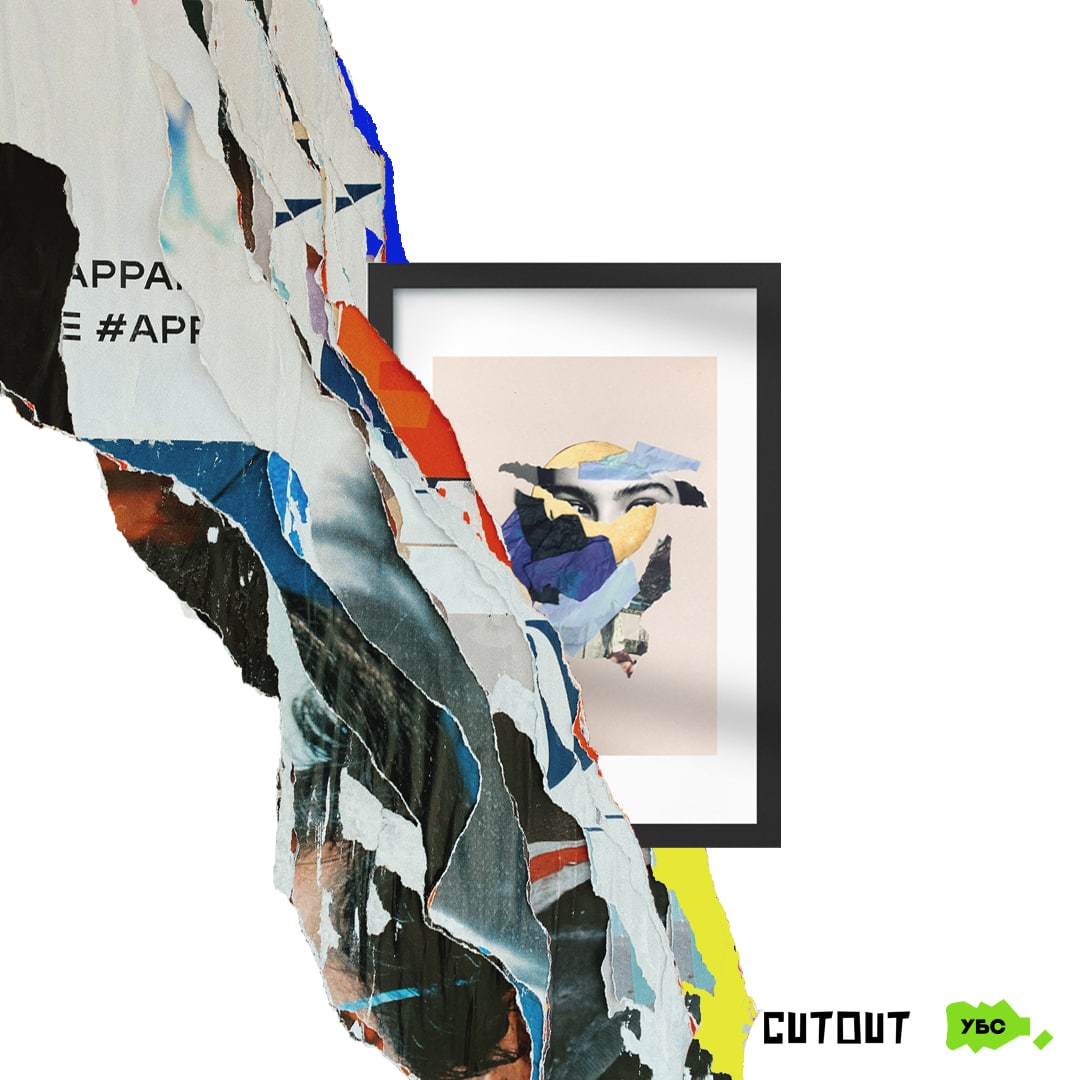Zagoriy Foundation conducted a qualitative study “Charity in times of war.” It’s a study of the activities and further development of the charitable sector in the country during the war.
The full-scale Russian invasion of Ukraine has significantly affected all life processes, and the nonprofit sector is no exception. Civil society and philanthropists were among the first to respond to the new challenges and adapt to the new reality.
Since February 24, almost every organization in Ukraine has faced new challenges: evacuation of beneficiaries, search for donors, requests for humanitarian aid, lack of resources, etc. In addition, the needs of peacetime still must be covered.
Zagoriy Foundation conducted a qualitative study of the sector during the full-scale war to identify and describe the main changes and predict further development.
Between May 12 and 24, 8 in-depth semi-structured interviews were conducted on a pre-compiled guide with 5 thematic blocks. The sample consisted of public and charitable organizations representatives from different parts of Ukraine.
5 research insights from the Zagoriy Foundation team:
Volunteering is becoming less popular. Within a few weeks of February 24, organizations began to notice a decrease in the number of volunteers: people were returning to paid work, getting tired, or becoming full-time employees.
IDPs are the most committed volunteers. Most of the volunteers were internally displaced persons. Respondents noted that, contrary to popular stereotypes, IDPs were often the most dedicated and proactive volunteers.
Humanitarian assistance is a priority. Almost all interviewed organizations, in addition to their statutory activities, collect and distribute humanitarian aid.
Decrease in financial support from donors. Organizations note that support for government funding programs has decreased, and donors are less supportive of projects that they believe are less relevant and less urgent.
The competition doesn’t disappear. The research team hypothesized that the sector’s competitiveness level would decrease significantly. It happened during the first months of the full-scale invasion, but now the wave of active assistance is subsiding, and we expect to return to the previous competitiveness level soon.
The study reports on the activities and observations of the sector during the last three months and provides a basis for further forecasts. Follow the link to read the full version.








